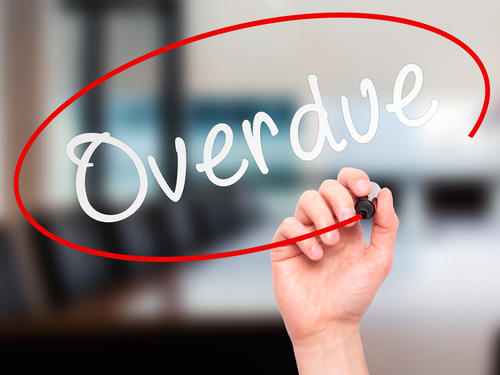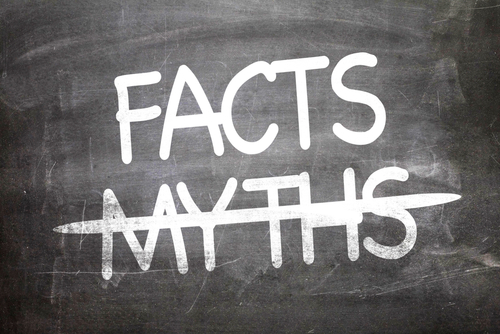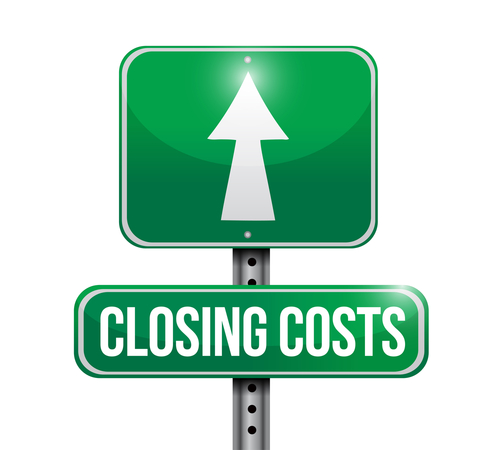You’ll work closely with your loan officer after applying for a mortgage. This person can take your information for the application, review the Loan Estimate with you, and answer your questions. But your loan officer isn’t the decision maker—the underwriter is.
The underwriter is the unseen person in the application process, and it’s this person’s job to review your application and decide whether you’re a good candidate for a mortgage loan. The underwriting process isn’t a simple or quick process completed in 20 minutes. It’s a much more complex stage than some people realize. But if you understand how underwriting works, you’ll know what to expect from the lending process.
Getting Your Loan Estimate
The first step to getting a mortgage is getting a Loan Estimate from your loan officer. This is a new form that replaced the Good Faith Estimate and the Truth-In-Lending Disclosure. This three-page document provides information about your loan amount, the interest rate, your projected monthly payment, plus there’s an estimate of how much cash you’ll need at closing. With the estimate, you know what to expect with your mortgage.
You receive the Loan Estimate before an underwriter receives your loan package. Your loan officer will provide this document within three days of receiving your application, and you have 10 days to review the paperwork and decide whether to proceed with the loan.
The Loan Estimate isn’t an official approval. In fact, you get this form before you provide the lender with supporting documentation for the mortgage. You can get a Loan Estimate as long as you provide your name, stated income, Social Security number, address of the property, loan amount, and the estimated value of the property.
It’s only after you decide to proceed with a loan that the loan officer requests copies of your bank statements and most recent tax returns. Once you’ve provided supporting documentation, the loan officer sends your application to underwriting.
What Does an Underwriter Do?
An underwriter has one of the most important jobs in a mortgage office. Their job is to make sure there are no false claims, and to determine if you meet the qualifications for a loan.
The underwriter combs through your credit report and takes into account your credit score and how much you owe elsewhere. Affordability is important when buying a house. Typically, a mortgage loan should not exceed 28% of your gross income for a conventional home loan, and up to 31% for an FHA home loan. The underwriter must determine whether your income can support monthly payments for a home loan.
The underwriter will study your tax returns for the past two years, as well as contact your employer to confirm that you work for the company and to verify your income. The lender will also request your tax return transcript directly from the IRS. If you are self-employed, the underwriter may require additional information, such as a year-to-date Profit and Loss statement.
The underwriter approves the loan if you meet the requirements and qualifications, but the process isn’t over yet. The bank will also schedule an appraisal on the house you’re buying or refinancing. The purpose of the appraisal is to learn the value of the property. As a rule, the bank will not lend more than a property’s worth.
The Takeaway
The underwriting process can take a few days or several weeks, depending on how many applications are ahead of your. It’s also important to note that it isn’t unusual for the underwriter to have questions for you. Don’t panic. The good thing about getting a mortgage is that your situation doesn’t have to be perfect. If you respond to the underwriter’s questions in a timely manner, and provide all necessary documentation, you shouldn’t have a problem.














